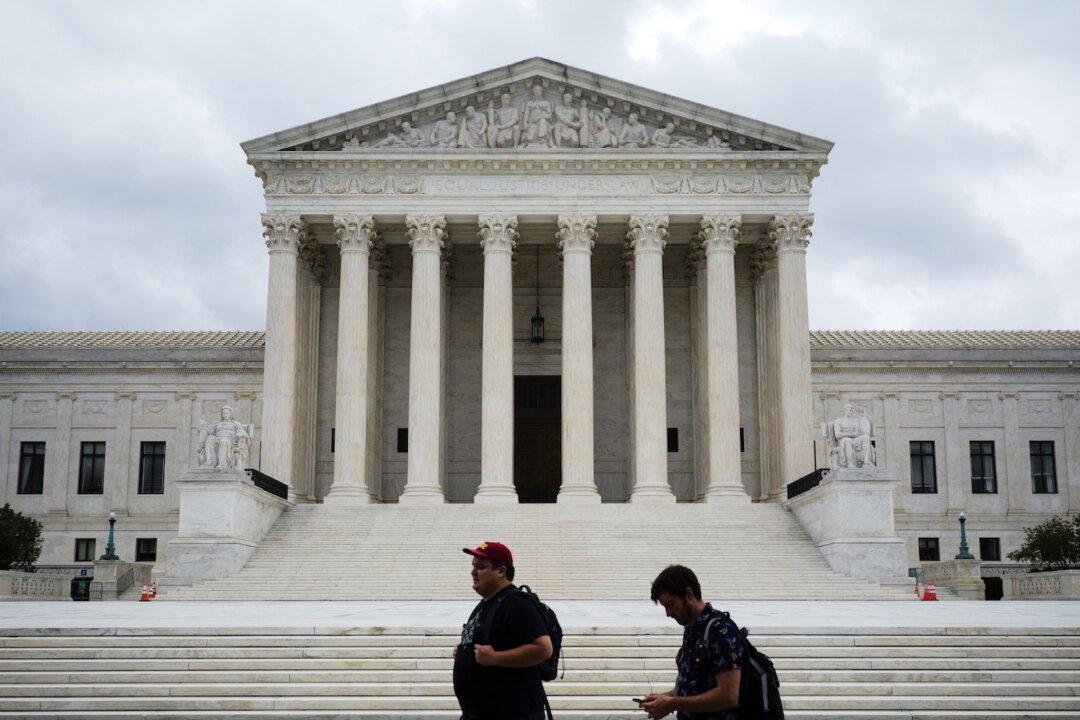The Supreme Court on Wednesday denied a bid to stop Texas from banning abortions after a fetal heartbeat is detected, allowing one of the most restrictive abortion bans in the U.S. to remain in effect.
Senate Bill 8, known as the Texas Heartbeat Act, was signed into law by Republican Gov. Greg Abbott in May.




